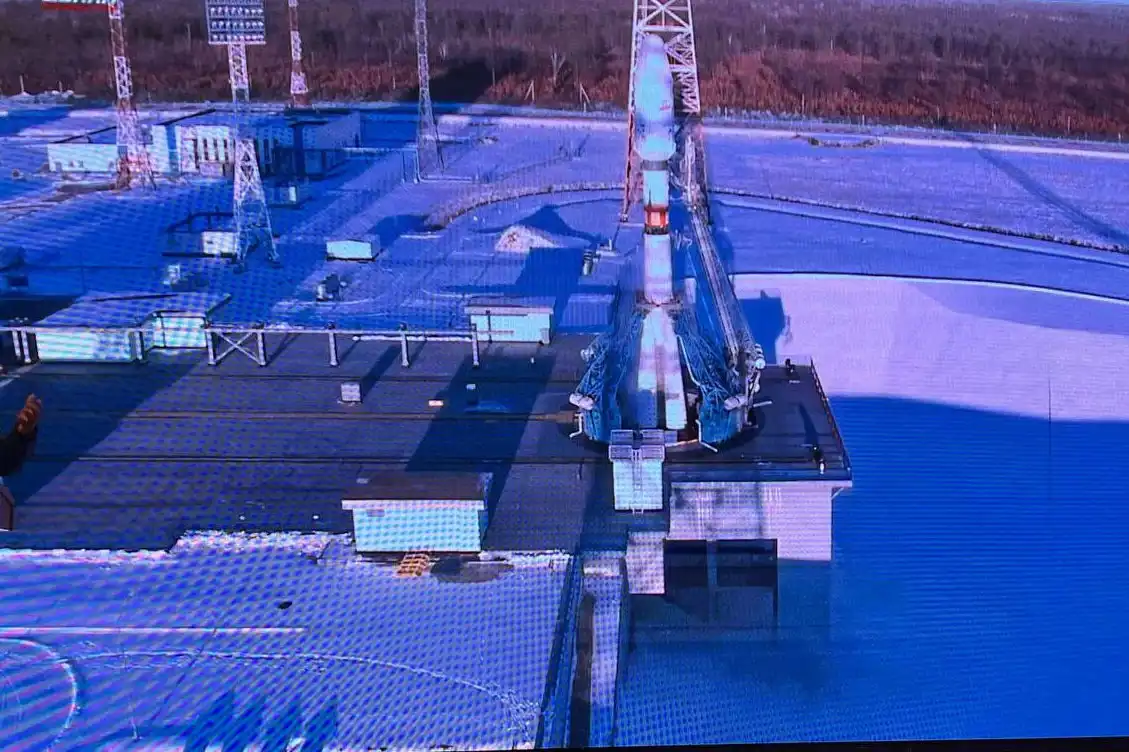Iran’s “Hodhod” and “Kosar” satellites successfully launched into orbit


Iran’s “Hodhod” and “Kosar” satellites successfully launched into Low Earth orbit from Russia’s Vostochny Cosmodrome on Tuesday morning, marking a new phase of cooperation between Moscow and Tehran.
The Soyuz-2.1 rocket, carrying a payload of satellites, including two Iranian ones, lifted off as planned, and Roscosmos, Russia’s space agency, confirmed that the payload reached its designated orbit nine minutes after launch.
The “Kosar” satellite, an observation satellite with a 3.5-meter resolution, is intended for applications in agriculture, land surveying, and demarcation, with an expected operational lifespan of two years. Meanwhile, the “Hodhod” satellite is designed for use in the Internet of Things (IoT) sector, as well as in agriculture, transportation, and crisis management.
These satellites are the first launched on behalf of Iran’s private sector, with “Kosar” developed by the Omidfaza company, which began work on the satellite in 2019. Iran now ranks among the top 10 countries with space technology capabilities, positioned as the 11th globally for space science and the regional leader in this field.
The launch highlights Iran’s expanding space ambitions and reflects its deepening ties with Russia, who provided the platform for this mission. (ILKHA)
LEGAL WARNING: All rights of the published news, photos and videos are reserved by İlke Haber Ajansı Basın Yayın San. Trade A.Ş. Under no circumstances can all or part of the news, photos and videos be used without a written contract or subscription.
Türkiye's domestically developed light attack aircraft, the Hürjet, successfully completed its first supersonic flight on Monday.
At the 17th International Information Security and Cryptology Conference, Türkiye's Minister of Transport and Infrastructure, Abdulkadir Uraloğlu, delivered a powerful speech addressing the critical importance of cybersecurity and social media governance in today's interconnected world.
Minister of Transport and Infrastructure, Abdulkadir Uraloğlu, announced that the number of subscribers to Türkiye's secure internet service has surpassed 46.3 million, reflecting growing interest in the service since its introduction.
SpaceX successfully launched 20 additional Starlink broadband satellites early Wednesday morning, including 13 equipped with direct-to-cell technology.